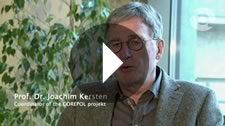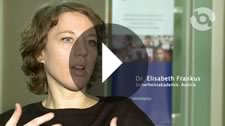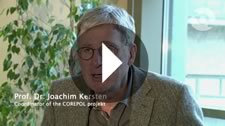COREPOL uses a comparative design (Germany, Austria, Hungary) to establish whether better police - minority relations can be achieved through means of a Restorative Justice (RJ) approach.
The extent and cultural particularities of RJ programs and their affiliation to the criminal justice system is ascertained. Then specific minority populations (Turks in Germany, Roma in Hungary, Africans in Austria) will be examined in regard to the country’s security context. The involvement of police in RJ programs for minority populations will be explored. Finally, the proposed research will exemplify the scope of RJ approaches for the improvement of police - minority communication and interaction.
Based on the legality principle and on an inquisitorial civil law tradition of policing and criminal justice, the partner countries’ legal and policing systems differ substantially from the Anglo-American-Australian hemisphere of restorative justice. The findings will have a wider impact on the Middle and Eastern EU situation. The research will include open questions of gender, age and cultural compatibility of RJ.
With positions at police universities the researchers are well grounded in police science and have carried out previous work on minorities. This grants them access to the field and to practical areas of police work and management. Their principal involvement in B.A./ M.A. programs for police officers and in further European research secures dissemination into police and the scientific community.
The Minorities
Statements on the ways the researchers got in contact with members of the minorities under investigation.
The European Dimension
Reflections on how the projects findings could be transferred, also to other European countries.








